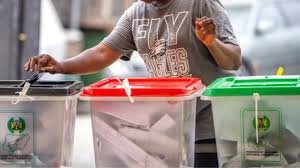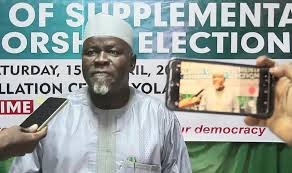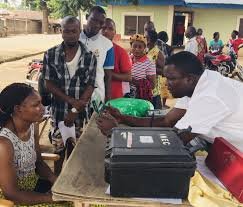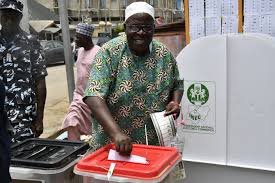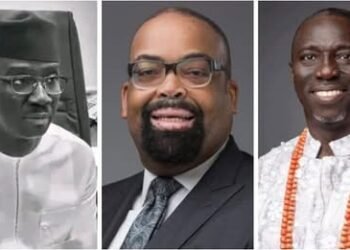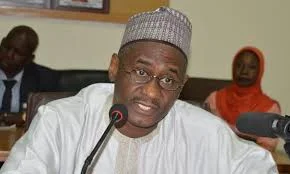With Edo State’s governorship election approaching on September 21, 2024, the Centre for Democracy and Development (CDD-West Africa) has announced a deployment of 70 accredited observers to monitor the electoral process.
This move aims to ensure transparency and accountability in what is shaping up to be a highly competitive race.
Dr. Dauda Garuba, Director of CDD-West Africa, issued a press statement on Friday outlining the organization’s pre-election assessment and deployment strategy.
“CDD-West Africa has deployed 70 accredited, trained and non-partisan observers to closely follow and report on key Election Day processes,” Dr. Garuba stated.
The deployment includes a specialized group known as the Soldiers of Mouth, trained disinformation monitors who will track and document both online and offline misinformation trends before, during, and after Election Day. This innovative approach highlights the growing importance of combating information manipulation in electoral processes.
Leading the CDD Election Analysis Centre (EAC) is Professor Adele Jinadu, a renowned political scientist and electoral reform advocate.
Dr. Garuba emphasized the composition of the EAC team, stating, “He will be supported by other election subject matter experts, while the Centre’s staff will serve as data clerks to relay information from our observers in the field to the analysts and technical drafting group.”
Edo State’s pre-election environment is marked by intense political rivalries, fueling heightened tensions. CDD’s analysis reveals that intra- and inter-party conflicts have led to charged rhetoric and the spread of disinformation by various partisan camps.
Last week, the PDP declined to sign a peace pact signed by 16 other parties fielding candidates in the poll.
Dr. Garuba noted, “Major features of the pre-election environment in Edo State include the role of intra- and inter-party rivalries. This has manifested in the heightened political tension, charged rhetoric and the claims and counterclaims of the various partisan camps.”
The CDD-West Africa’s assessment has identified several key factors likely to influence the election outcome:
The legacy of the incumbent government, concerns over federal interference, insecurity issues, zoning and ethnicity considerations, the continued focus on individual candidates over political parties
Dr. Garuba highlighted the significance of Edo State in Nigeria’s electoral landscape, describing it as a “bellwether state due to its ability to buck trends and serve as a litmus test for the different sides of Nigeria’s political landscape.”
The statement also addressed the issue of gendered disinformation, noting attempts to undermine women’s participation in the political process.
Dr. Garuba called for “initiatives which directly counter misogynistic narratives targeting women in politics,” suggesting “social media campaigns, public service announcements, and fact-checking reports that emphasize the contributions of women in leadership.”
Dr. Garuba urged all stakeholders to contribute to a peaceful election process: “CDD-EAC calls on all citizens of Edo State to head to the polls with a firm belief that democracy will triumph, just as it urges all political actors to eschew divisive and inciting rhetoric capable of undermining peace before, during and after the election.”
Edo is one of the eight states where governorship elections are held off-season due to litigations and court judgements. Others are Anambra, Bayelsa, Ekiti, Imo, Kogi, Osun and Ondo.
ALSO READ: Edo Poll: NFC Deploys Situation Rooms
The upcoming election features three prominent candidates: Asue Ighodalo (PDP), Monday Okpebholo (APC), and Olumide Akpata (LP).
Each candidate brings a unique background to the race, with their political inexperience and alleged backing by various “godfathers” expected to influence the election’s outcome.
Over 2.6 million registered voters from 18 local government areas are to decide the next governor of the South-South state.

